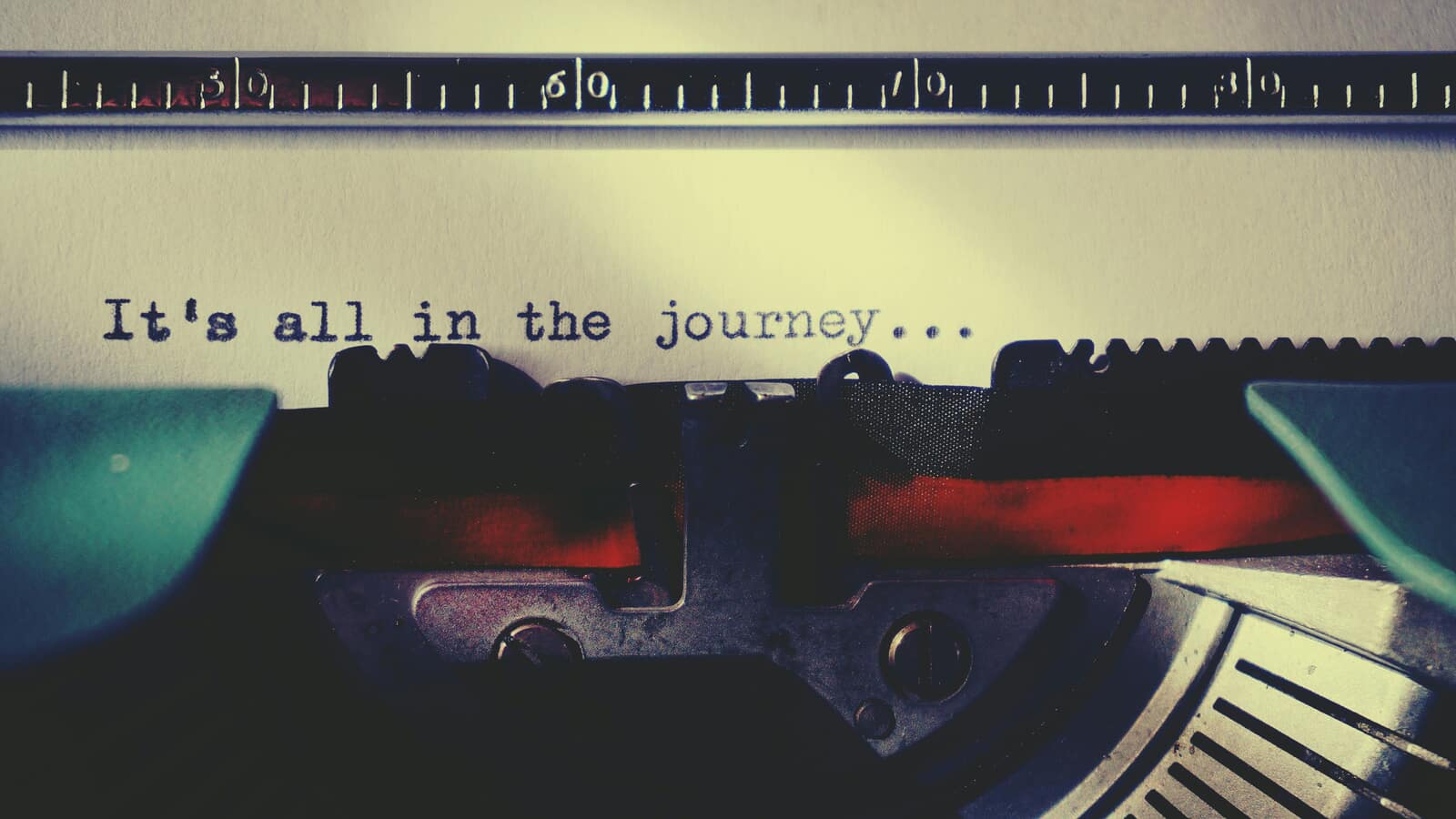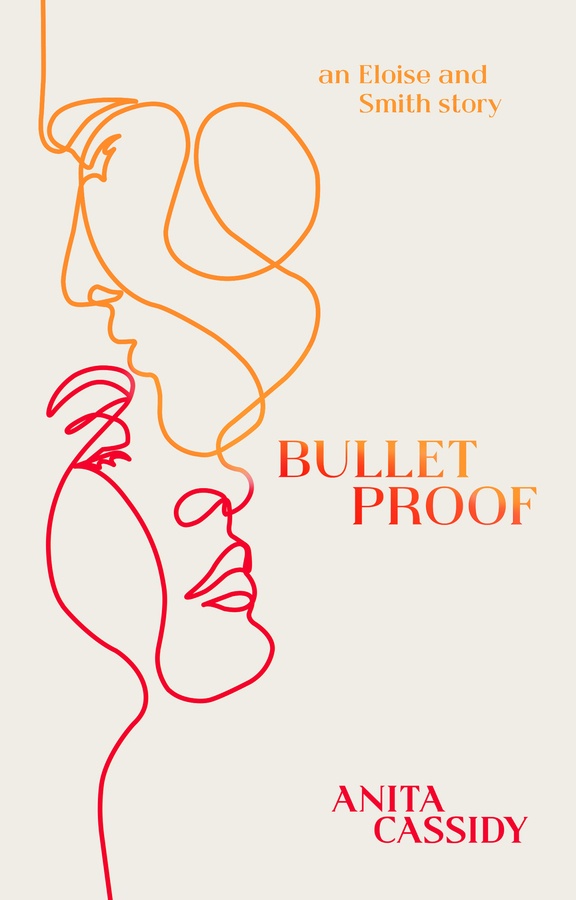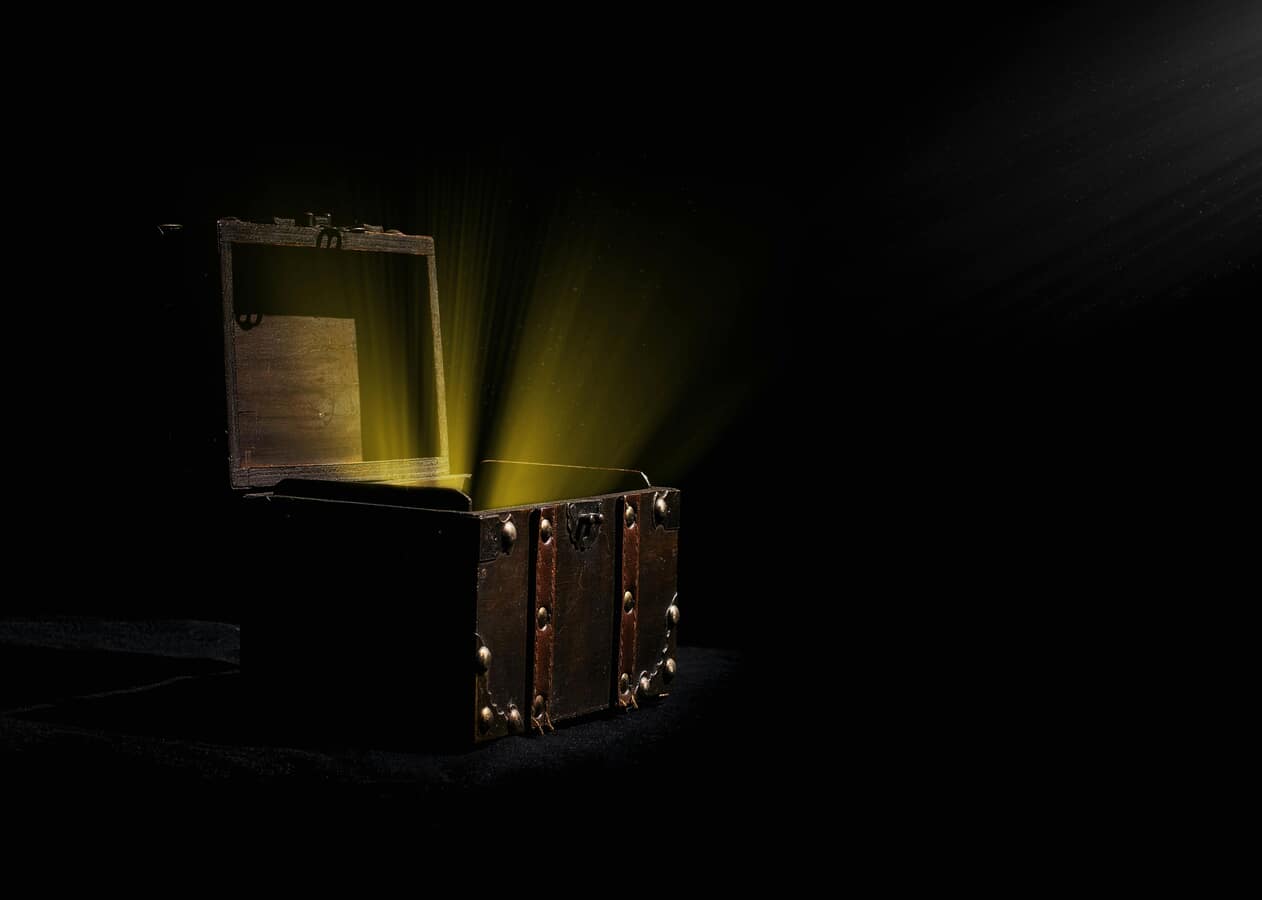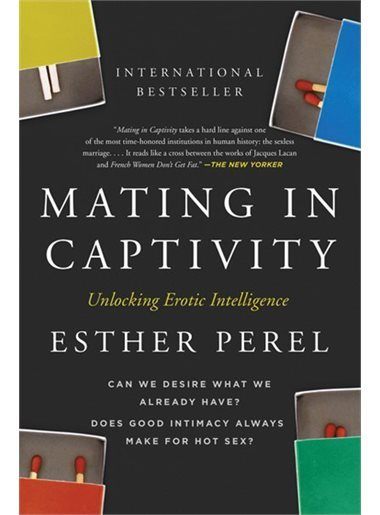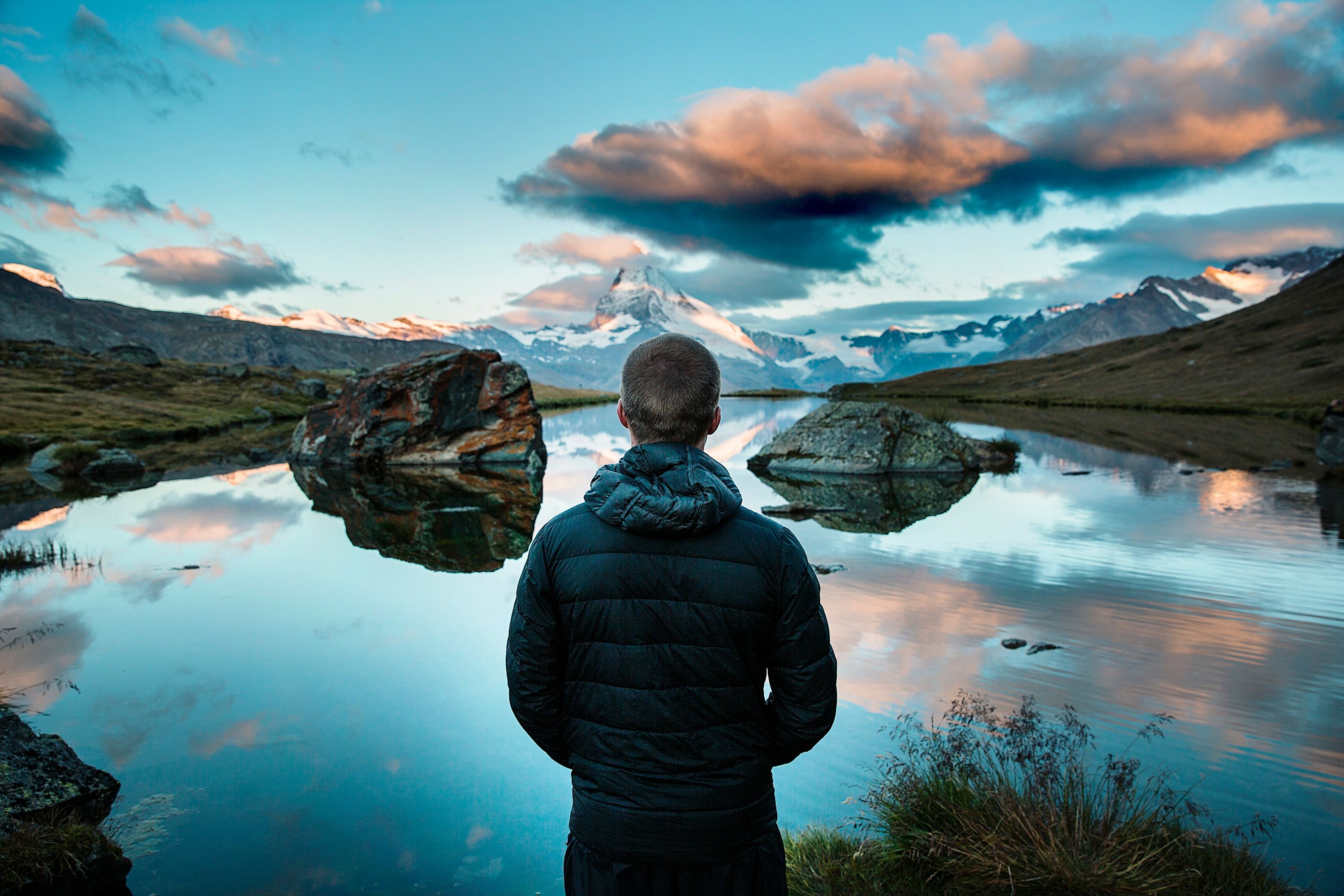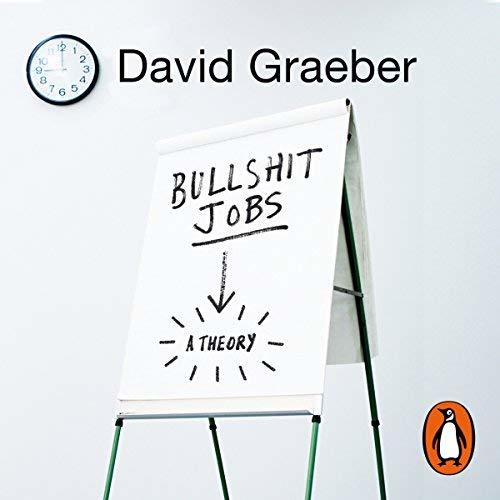This is part of a series of posts on conscious dating. You can read more about NRE, crushes, the third date rule, expectations, the dating mistake you’re definitely making and the different stages in relationships
Since becoming non-monogamous four years ago, I have been on more dates than I went on in my entire twenties. I also see these dates very differently. Dating is no longer about ending the “trauma” of being single (I was very insecure and anxious about dating in my 20s), it is more about making new connections. About getting to know more awesome people and seeing where and how they might move in and around my life. I like the idea of a relationship galaxy, a common phrase in poly communities, and, as part of that, I see all my friends and connections, sexual or otherwise, as equally important and valid (a key part of the relationship anarchy concept) and as part of an ever shifting kaleidoscope of relationships.
As part of the process of getting to know someone, it can be very hard to avoid common and socially normalised questions about “what” something is. What is this? Where are we going? Or, sometimes, if and when are we getting naked together?
These are very familiar questions to anyone who is dating or has dated and, according to research quoted by Dr Lori Beth at Alethya’s recent launch, the average amount of time before someone expects sexual contact as well as a conversation about direction is three dates. Three. So, three coffees or dinners and maybe even a full days together but, still, three individual occasions of meeting.
It has even become enshrined in dating lore as the “three date rule” for sex and there are all sorts of blogs about it as well as advice about how to talk about where things are going (usually advice for women based on a toxic assumption that they are always “demanding” reassurance). The rules also tend to reinforce the idea that the relationships should escalate from a small amount of time together to more to ALL your time together. Few people look at why these rules exist. They exist because we get scared.
Because vulnerability, opening ourselves up to possible rejection, as well as change and loss can feel scary, we want less of all of that and more certainty.
We create and normalise structures that minimise doubt and uncertainty and also help us avoid conversations and conscious choices.
We don’t want to hear no or, even, to have to say it. We don’t want to disappoint or be disappointed so we dance around the issues and hope they will solve themselves over time. Or we avoid, by ghosting, orbiting etc or being plain old passive aggressive. We don’t want to think about what we do or do not want and need. We don’t want to think about much of anything. And that’s okay. I get it. I feel it too. There is a lot going on not just here but in our entire society which is designed to keep us feeling, at the very least, low level stressed at all times.
One of the reasons that people find dating difficult is that the process asks you to sit with so much uncertainty and doubt. It also asks us to face the possibility of rejection, as well as that all too common fear of getting close and the associated fear of then losing that someone close. So, we wish to “clarify” what things are, we rush through to gain “certainty” and to take the difficult feels away but, all too often, that rushing leads us to over-commit to someone we, in truth, barely know.
This craving for comfort and stability is very much part of being human but it can cause us to make hasty decisions as well as perhaps repeat unconscious patterns in terms of the partners we choose and the relationship dynamics we get into.
So, what is the answer? Well, the first step is to accept that uncertainty and doubt ARE very hard to sit with and feel. Give yourself some time and space to know that in your body as well as your mind. The next steps can be to think about what you genuinely need and want from your relationship life right now and how you would like to communicate that to the people you meet and are getting to know. It is about sitting there and acknowledging that these talks can be hard and that they are a crucial part of really getting to know yourself better as well as someone new.
To say “can we take this slower” or “can we take this at my/an agreed pace” or “can we talk about how you see us interacting and getting to know each other over the next few months” should be the ultimate compliment and is a marker of respect and conscious connection. Even going fast is fine as long as you acknowledge that it IS moving fast and maybe use the amazing rule of thumb of not making plans further ahead than you have been together (thanks to Sophie at Love Uncommon for that, read their blog here) as well as not making any life changing decision in the first 6-12 months (more on new relationship energy (NRE) coming soon).
Conscious dating is about connecting based on mutual and considered needs. It is about compassionate communication, authenticity and honesty as well as being open and clear about what you need. It is about acknowledging that the uncertainty is hard but refusing to allow fear to propel things along faster than is good for everyone involved. It is about seeing the truth of the “rules” and the formulas that exist around dating and connection and then taking the brave and important step of doing what works best for you.









